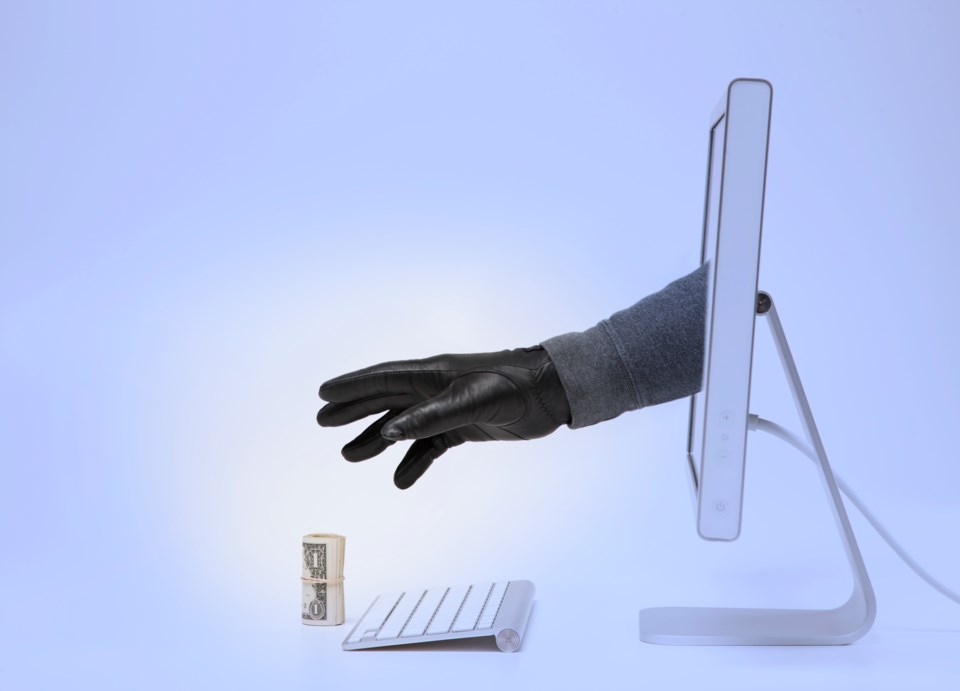It’s that time of year again, when we collect our tax documents together and either brave the tax software and do our taxes ourselves or we bundle up our paperwork and bring it to an accountant or tax-preparation company.
It is also the time of year when reports of fraud increase for the Prince George RCMP. Now a near-daily occurrence, attempts to defraud people of their money are as diverse as the people who receive them. The one thing these frauds have in common is their intent, which is to separate you from your money.
“The message we want people to hear is: just don’t,” says Prince George RCMP community policing coordinator, Linda Parker. “Don’t engage with the anonymous caller; don’t follow the link in an email; don’t respond to the text message. Always contact the parent company yourself to verify the information is correct.”
The Canadian Anti-fraud Centre has these tips for people to protect themselves from fraudulent schemes:
- Don’t be intimidated by emotional pleas that play on your emotions.
- Always verify that the organization you are dealing with is legitimate before taking action.
- Do your research by verifying charities with the Canada Revenue Agency.
- Verify any calls with your credit card company by calling the phone number on the back of your card.
- Don’t give out personal information.
- Protect your computer by having anti-virus software installed and up-to-date.
- Be careful who you share images with - Protect your online accounts by using strong passwords If you are the victim of fraud, stay calm. Here are some important steps to follow: - Gather all the information about the fraud, including documents, receipts and copies of emails or text messages.
- Contact your financial institutions and report the incident to the financial institution that transferred the money.
- Place flags on your accounts and change all of your passwords.
- Report the fraud to both credit bureaus (Equifax and TransUnion).
- Report the incident to your local police and get a file number for future reference.
- Contact the Canadian Anti-Fraud Centre at 1-888-495-8501 or through the fraud reporting system.
For further tips on how to protect yourself from fraud or what to do if you are the victim of fraud, visit the Canadian Anti-Fraud Centre.



